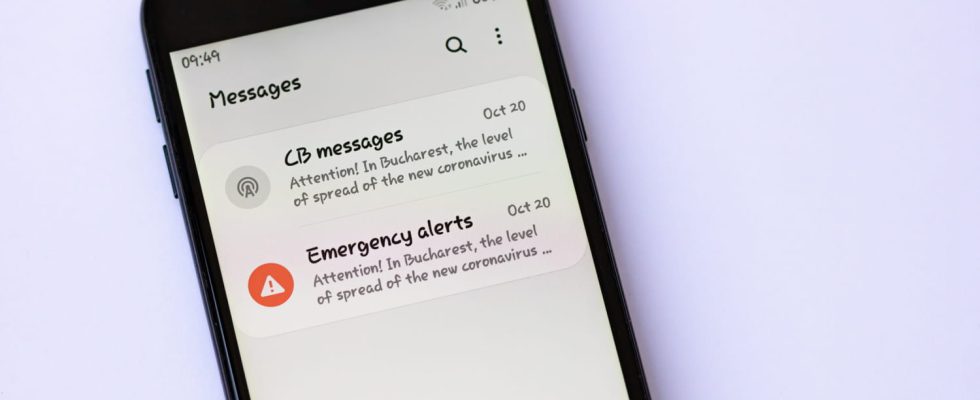A new SMS fraud is spreading in France and is proving much more dangerous than the previous ones.
By email, by SMS, by phone call… There is no shortage of types of scam and it is sometimes difficult to disentangle fact from fiction. Some of them have now become famous: packages never ordered that are on their way with a delivery location to be confirmed, offers or promotional codes that are a little too interesting, prizes won miraculously, etc. But some are more difficult to identify. The most dangerous scams are those which take on the identity of real companies, whether they are telephone companies, energy companies or even banks or insurance companies.
Today, the French are much more cautious and informed about digital scams than a few years ago. But the thugs are increasing their ingenuity. Fraudsters are now developing ever more innovative methods to set even more effective traps. The latest scam against which the authorities launched the alert on X on December 5, 2023 concerns a message sent directly to families.
The principle is simple: scammers send an SMS to a parent pretending to be their child who may have had a phone problem and therefore send them their “new number”. The fraudulent message encourages parents to send a message to this number on Whatsapp to extract money from them. The SMS often contains a link to the messaging application to buy a new phone, SIM card or plan for the alleged child who has run out of phone.
The text message sent can be very convincing, like this one: “Hello Mom/Dad, I have a problem with my phone number, it’s my temporary number, can you send me a message on WhatsApp “. This new scam is therefore based on the sensitivity of parents who could act without really asking questions about the problematic situation in which their child finds themselves. This method uses one of the favorite techniques of scammers which is to use urgency to push users to act quickly. In a press release published on December 5, the authorities specified that the scam began at the end of 2022 but has peaked since the beginning of December.
When faced with this type of scam, the first reflex to adopt is not to respond. Secondly, it is necessary to ensure the identity of the interlocutor before making any transfer. If it is already too late, you should contact your bank to block the transfer and object. In order to reduce this type of threat, it is also advisable to report the number using the 33 700 platform or by calling this number directly or using the Pharos platform of the Ministry of the Interior.
